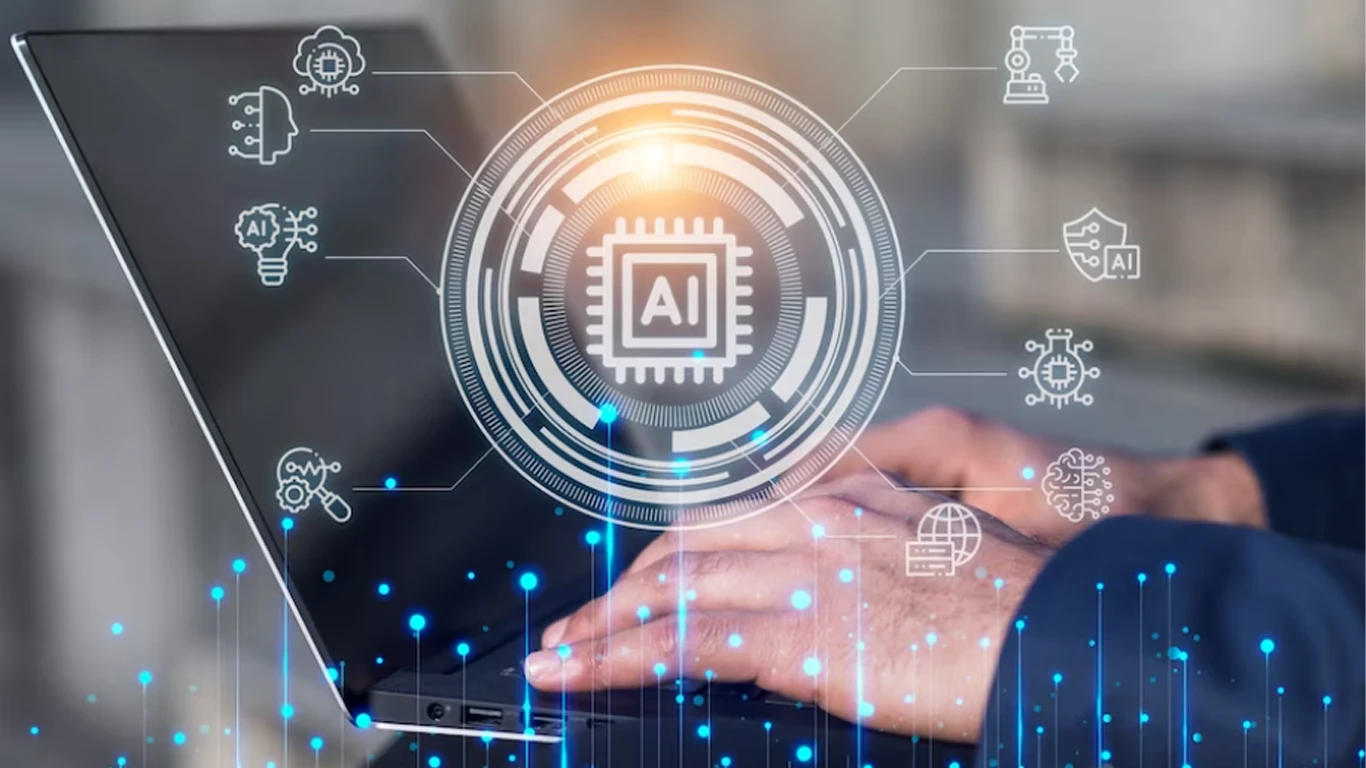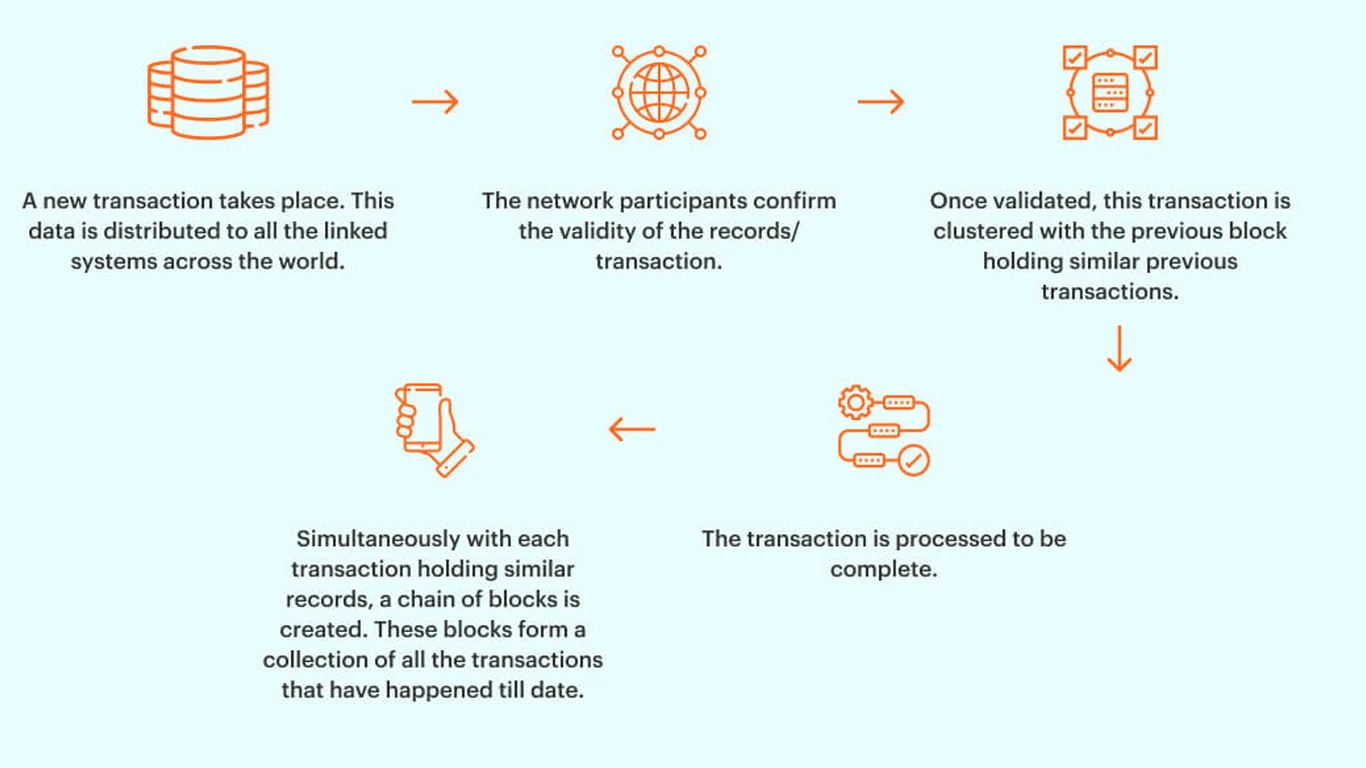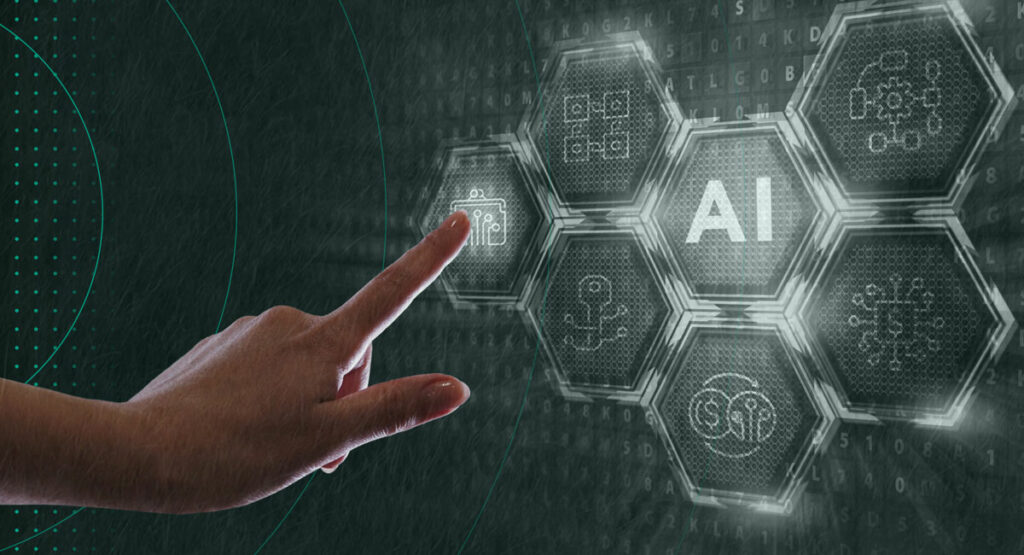The startup ecosystem, a dynamic and ever-evolving landscape, is fundamentally influenced by the rapid pace of technological innovation. Emerging technologies are not merely altering the operational aspects of startups; they are drastically transforming the very fabric of various industries. This shift is heralding a new business era, characterized by:
- Increased efficiency
- Connectivity
- Unprecedented opportunities for growth.
The key technologies influencing this transformation include Artificial Intelligence (AI) and Machine Learning (ML), the Internet of Things (IoT), Blockchain, and the advancements in cybersecurity.
DID YOU KNOW? AI and ML are leading the charge in this transformation, providing startups with the tools to make more informed decisions, automate routine tasks, and uncover insights that were previously beyond reach.
These technologies enable the analysis of vast data sets, leading to better predictive models and personalized customer experiences. The integration of AI and ML into various aspects of business operations, from marketing to supply chain management, has allowed startups to stay ahead in highly competitive markets. Similarly, IoT is revolutionizing startups by enabling them to create interconnected products and services, which opens up new avenues for customer engagement and operational efficiency.
Blockchain technology, often associated with cryptocurrencies, is proving its versatility across various applications. It offers startups an unprecedented level of security, transparency, and efficiency in transactions. This technology is increasingly being used for applications such as smart contracts, supply chain management, and secure data sharing, which are crucial for building trust and credibility in the startup ecosystem. Additionally, the importance of cybersecurity cannot be overstated in this digital age. Startups are investing in advanced cybersecurity measures to protect sensitive data and build robust defenses against increasingly sophisticated cyber threats.
REMEMBER: The future of startups lies in the effective adoption and integration of these emerging technologies.
Startups that are nimble and innovative in utilizing these technologies are not only optimizing their current operations but also paving the way for future growth and success. These technologies are not just tools; they are enablers that redefine what is possible, setting the stage for a new generation of startups that are more connected, efficient, and responsive to the ever-changing business landscape. This continual evolution driven by technology promises a future where startups not only adapt to changes but also shape the direction of industries and markets.
Artificial Intelligence and Machine Learning
Artificial Intelligence (AI) and Machine Learning (ML) are crucial catalysts for student startups, offering powerful tools for data analysis, automation, and personalized customer experiences. These technologies enable startups to gain deeper insights into customer behavior, optimize their operations, and develop innovative products and services tailored to specific market needs.

AI and ML are particularly beneficial for startups in sectors like:
- E-commerce
- Healthcare
- Fintech
This is where predictive analytics, personalized recommendations, and automated customer service can significantly enhance efficiency and customer satisfaction. Moreover, for student entrepreneurs, working with AI and ML provides invaluable experience in cutting-edge technology, preparing them for a future where these skills are increasingly in demand. This technological leverage helps student startups to compete effectively in the market, despite limited resources and experience.
Internet of Things (IoT)
The Internet of Things (IoT) refers to the growing network of connected devices that communicate and exchange data. This interconnectedness offers startups the opportunity to innovate in various fields, such as smart homes, healthcare, and industrial automation.
IoT devices can collect vast amounts of data, which, when analyzed, can lead to improved customer experiences, operational efficiencies, and new business models. Startups leveraging IoT technology are well-positioned to disrupt traditional industries with more agile and responsive solutions.
IoT is a powerful tool in the arsenal of student startups, offering them the means to develop innovative, efficient, and scalable solutions. By integrating IoT into their projects, students not only enhance their entrepreneurial ventures but also gain invaluable experience in working with cutting-edge technology.
Blockchain Technology
Blockchain technology is significantly aiding student startups by providing a secure, transparent, and efficient framework for conducting business. This technology enables startups to develop solutions that require a high level of trust and security, such as in financial transactions, supply chain management, and secure data sharing.

Blockchain’s inherent features of decentralization, immutability, and transparency make it ideal for applications that require verification and tracking, such as smart contracts and digital identities. This not only helps in building credibility and trust for these nascent ventures but also opens up innovative avenues for disrupting traditional industries.
Moreover, for students, blockchain serves as a practical learning tool, offering firsthand experience in a technology that is poised to significantly influence various sectors in the near future.
Augmented Reality (AR) and Virtual Reality (VR)
Augmented Reality (AR) and Virtual Reality (VR) are proving to be invaluable for student startups by enabling the creation of immersive and interactive experiences that can transform various industries. These technologies are particularly beneficial in sectors like education, healthcare, real estate, and entertainment, where the emphasis is on user experience and engagement.
For instance, AR and VR allow for the development of innovative educational tools that make learning more engaging and interactive, or healthcare applications for virtual treatments and medical training.
By leveraging AR and VR, student startups can create distinctive products and services that stand out in a crowded market, offering them a competitive edge. Furthermore, working with these cutting-edge technologies provides students with valuable skills and experience in a rapidly growing field, enhancing their entrepreneurial and technical acumen.
5G Technology
5G technology is a boon for student startups, offering them ultra-fast internet speeds and significantly lower latency, which enhances the performance of applications requiring real-time data processing. This is particularly beneficial for startups working in areas that need quick data transfer such as:
- IoT
- Autonomous vehicles
- Telemedicine
- Augmented/Virtual Reality
The increased bandwidth and reliability of 5G enable startups to develop and test advanced, data-intensive applications more efficiently. Additionally, the widespread implementation of 5G is set to unlock new possibilities in mobile and web applications, offering student entrepreneurs the opportunity to innovate in how services are delivered and experienced.
In essence, 5G technology provides the backbone for a new generation of startups, enabling them to create more sophisticated, responsive, and interconnected solutions.
Cybersecurity Innovations
Cybersecurity innovations are crucial for student startups, particularly in an era where digital security is paramount. These innovations provide the means to protect sensitive data, build trust with users, and comply with increasing regulatory requirements.

For startups working with digital platforms, e-commerce, or any data-driven technology, robust cybersecurity measures are essential to safeguard against data breaches and cyber-attacks. By integrating advanced cybersecurity technologies such as encryption, blockchain, and AI-driven threat detection.
DID YOU KNOW? Student startups can not only secure their digital assets but also gain a competitive edge by demonstrating their commitment to data security and privacy.
This focus on cybersecurity not only protects the startup’s interests but also educates young entrepreneurs about the importance and intricacies of digital security in the modern business landscape.
Edge Computing
Edge computing is significantly benefiting student startups by enabling faster processing and decision-making at the data source, rather than relying on centralized cloud-based systems. This is particularly advantageous for startups working with IoT, AI, and real-time analytics, as it allows for quicker data processing, reduced latency, and improved operational efficiency.
Edge computing also facilitates the handling of large volumes of data locally, which can be crucial for applications in areas like autonomous vehicles, smart cities, and healthcare monitoring.
For student startups, this means enhanced performance of their applications, reduced dependency on cloud services, and lower data transmission costs. Additionally, edge computing offers learning opportunities in managing and analyzing data effectively and efficiently, which is vital in a data-driven business environment.
Sustainable Tech
Sustainability is becoming a central focus for startups, driven by both consumer demand and the global imperative to combat climate change. Sustainable technology is increasingly pivotal for student startups, aligning entrepreneurial endeavors with environmental consciousness and social responsibility.
By integrating sustainable tech, these startups can develop products and services that not only meet market demands but also contribute to solving ecological challenges, like renewable energy, waste reduction, and sustainable materials. This approach not only appeals to a growing segment of eco-conscious consumers but also opens up avenues for innovation in green technology, offering a competitive edge in the marketplace.
Furthermore, focusing on sustainability can enhance a startup’s brand image and ethos, attracting investors and customers who prioritize environmental and social impacts. For student entrepreneurs, sustainable tech provides a platform to merge business goals with their values, driving positive change while pursuing economic success.
Conclusion
The startup ecosystem is in a state of constant evolution, primarily driven by the rapid progression of emerging technologies. These technologies are more than mere tools; they act as catalysts, redefining the realm of the possible and opening up new horizons of opportunity and innovation. This dynamic environment creates a landscape where agility and adaptability are not just advantageous but essential for survival and success.
Startups that are quick to embrace and integrate these technologies into their business models are the ones poised to lead the charge into the future. As these technologies continue to mature and become more widely accessible, they pave the way for a new breed of startups—entities that are inherently more efficient, interconnected, and attuned to the ever-evolving demands of a global marketplace.
Understanding these technologies, their potential impact and their practical applications is crucial for startups aiming to build resilient, sustainable, and forward-looking businesses.
CONCLUSION: The landscape of startups is at a pivotal juncture, where the effective harnessing of emerging technologies is key to unlocking their full potential.
These technologies offer more than just incremental improvements; they represent a fundamental shift in how startups operate, innovate, and impact the world. The startups that excel in this new era will be those that not only adapt to technological changes but also anticipate and shape these changes. As we look to the future, it’s clear that the success of startups will be intricately linked to their ability to navigate and capitalize on the technological currents shaping our world.

